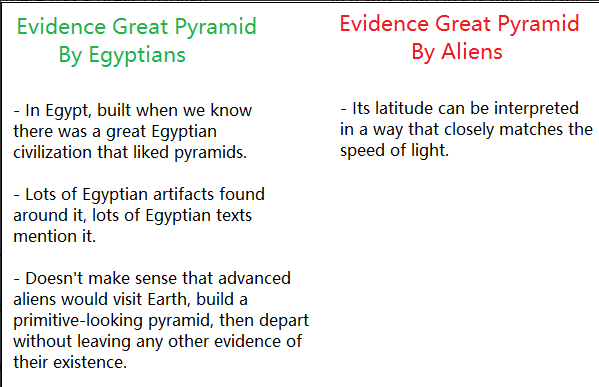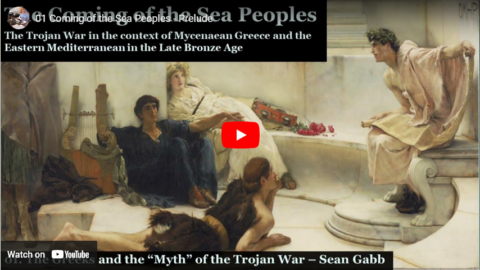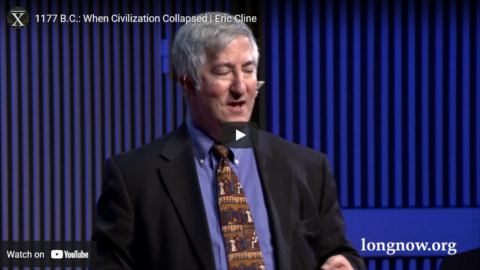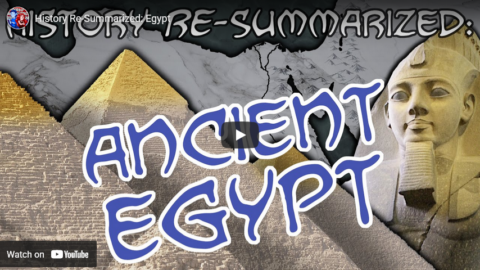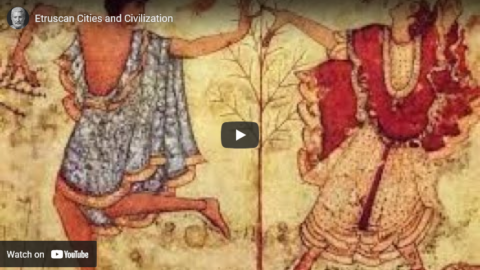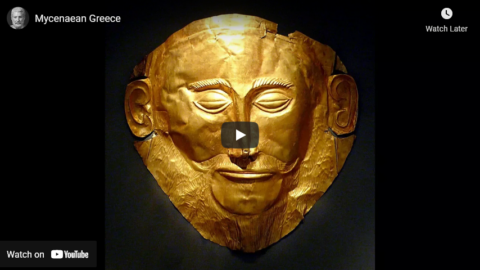At Astral Codex Ten, Scott Alexander looks at one of the persistent Great Pyramid conspiracy theories:
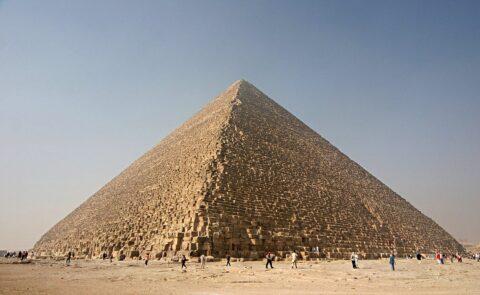
The Great Pyramid of Khufu (Cheops) in Giza, Egypt, the oldest of the Seven Wonders of the Ancient World.
Photo by Nian Aldin Thune via Wikimedia Commons.
Some conspiracy theories center on finding anomalies in a narrative. For example, Oswald couldn’t have shot Kennedy, because the bullet came from the wrong direction. Or: the Egyptians couldn’t have built the Pyramids, because they required XYZ advanced technology. I like these because they feel straightforwardly about styles of processing evidence
(Remember, I use the word “evidence” in a broad sense that includes bad evidence. By saying that some conspiracy theory has “evidence”, I’m not suggesting it’s justifiable, just that someone somewhere has asserted that they believe it for some particular reason. For example, someone might say they believe in alien abductions because of eyewitnesses who claim to have been abducted; I’ll be calling the eyewitnesses “evidence” without meaning to assert it is any good.)
Consider the pseudohistory claims I discuss in The Pyramid And The Garden. The Great Pyramid’s latitude in standard notation equals, to within seven decimal places, the speed of light in tens of millions of meters per second. In a strict sense, this is a one-in-a-million chance, although the post tries to explain why this might be less impressive than it sounds.
So the evidence in favor of “aliens who knew the speed of light built the Great Pyramid” is that it would explain this otherwise baffling coincidence. The evidence against is everything else we know about history, archaeology, architecture, and common sense. Why would superadvanced aliens have visited Earth, created one primitive stone structure, and left without doing anything else? Why does the Great Pyramid look so much like other Egyptian pyramids, and fit into our narrative of Egyptian history so well? What about marks on the Great Pyramid suggesting it was made with primitive tools? Et cetera.
You can sort of see how someone with weird evidence-processing styles might get this wrong. The fact on the right is compact, simple, and quantifiable (the two numbers match to about six digits, so it’s a one-in-a-million coincidence). The facts on the left are vague and holistic.
The mainstream archaeologist has to explain away the evidence on the right. Maybe “has to” is a strong phrase — they can just say “that’s weird, but the common sense evidence is so great that I choose to dismiss it as coincidence”. But it’s an awkward hole in their theory. I talk about how you might go about explaining it away here.
But the conspiracy theorist has to explain away the evidence on the left. This is a harder task. Sometimes you can just stretch a lot of things to make it work — I’ve seen people argue that the supposed mentions in Egyptian texts are less definitive than imagined. But one very strong explanation would be “archaeologists are so invested in protecting the mainstream narrative that they cover up all the evidence that would prove me right”, ie a conspiracy. This neatly sweeps aside a lot of the problem.

